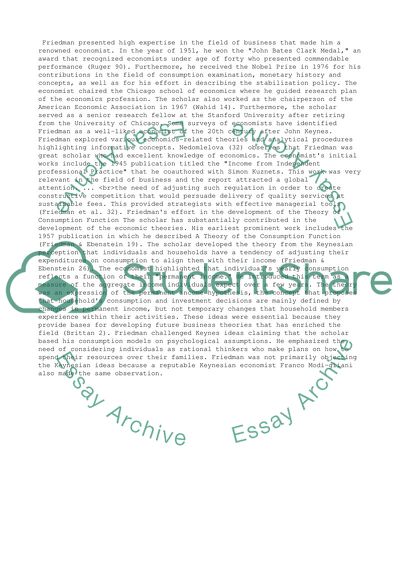Cite this document
(“Profile of an Economist Research Paper Example | Topics and Well Written Essays - 1250 words”, n.d.)
Retrieved from https://studentshare.org/business/1462873-profile-of-an-economist
Retrieved from https://studentshare.org/business/1462873-profile-of-an-economist
(Profile of an Economist Research Paper Example | Topics and Well Written Essays - 1250 Words)
https://studentshare.org/business/1462873-profile-of-an-economist.
https://studentshare.org/business/1462873-profile-of-an-economist.
“Profile of an Economist Research Paper Example | Topics and Well Written Essays - 1250 Words”, n.d. https://studentshare.org/business/1462873-profile-of-an-economist.


